Bungie's marathon: Charting Destiny 2's independent future
Destiny's creators discuss the next phase of the game's evolution.
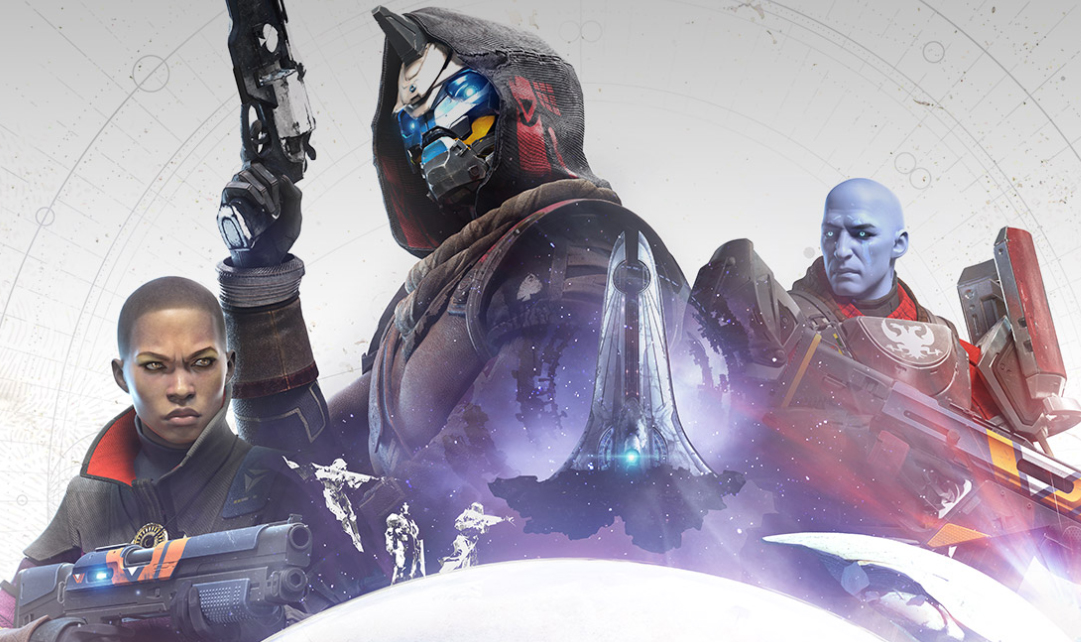
"It really is a marathon," says Mark Noseworthy, Destiny 2's general manager. "We're a perpetual motion machine."
Destiny 2 is nearly two years old, a veteran of not only three expansions but also a year of seasonal updates and rolling content drops. It's seen player exoduses and resurgence, it's been rebalanced and reformed. It's built out into a sprawl of multifarious pursuits, spanning casual hangouts under gaming's best skyboxes and exacting PvP and PvE challenges, lore-drenched theorycrafting and abstract puzzling.
"It's like a marathon, but it's also not like a marathon, because marathons end," says game director Luke Smith.
At E3 earlier this month, Destiny 2 won the 'best ongoing game' award in the critics' vote. The week before, Bungie had dropped the third and final part of Destiny 2's Annual Pass, Season of Opulence, and revealed the next expansion. This September, Shadowkeep will take players back to the moon, where that wizard came from.
Shadowkeep marks a new chapter in Destiny 2's epic history. Its banner feature is a new free-roam area that reimagines one of the first game's finest and most beloved destinations. In some ways, it's a statement about the series' heritage, and so it's rather symbolic that Shadowkeep is also the first true fruit of Bungie's split from Activision.
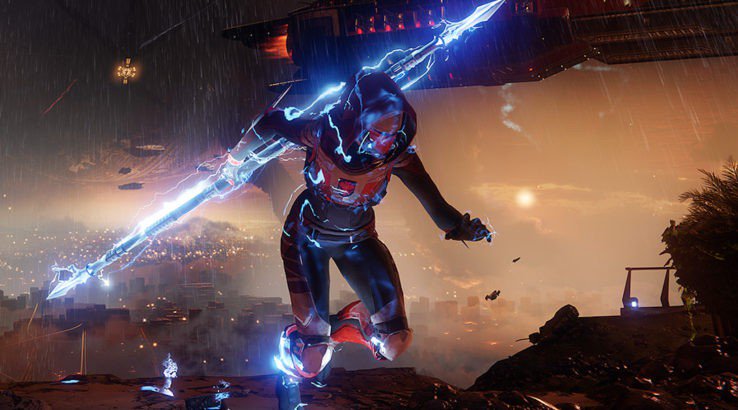
The obvious change that independence puts on Destiny is that it no longer enjoys whatever financial support Activision afforded it. Now, month on month, Destiny has to pay its own bills to keep its lights on. "It's a little scary to be honest. We don't have that safety net," says Noseworthy.
And now, every problem lies purely at Bungie's feet. There are no Activision suits for anyone to blame. Not that Smith says he feels any more or less pressure than before.
The biggest gaming news, reviews and hardware deals
Keep up to date with the most important stories and the best deals, as picked by the PC Gamer team.
"I've always felt it anyway, because however the way things go, we're going to be held responsible for it. So [splitting with Activision] wasn't like some new 'Oh shit, if we screw up we'll really know now'."
There is a new sense, however, that even if Destiny 2 bears even greater pressure to perform, the game has hit a kind of middle-aged maturity that's given Smith and Noseworthy the opportunity to reflect on what, exactly, Destiny is. After all, while it's defined a hybrid genre and set a bar that other games, from Anthem on up, have attempted to match, it has a mixed-up identity.
"Are we a AAA blockbuster retail game for Walmart? Diet Halo? WOW with guns? We've been tossing this around for a long time," says Noseworthy. "We want to pick a corner and stand on it. Let's not worry about Joe Walmart, like, someone who buys GTA and one other game. We don't want to be that one other game. That person doesn't want Destiny. They're not going to marry Destiny the way we want players to marry it, you know?"
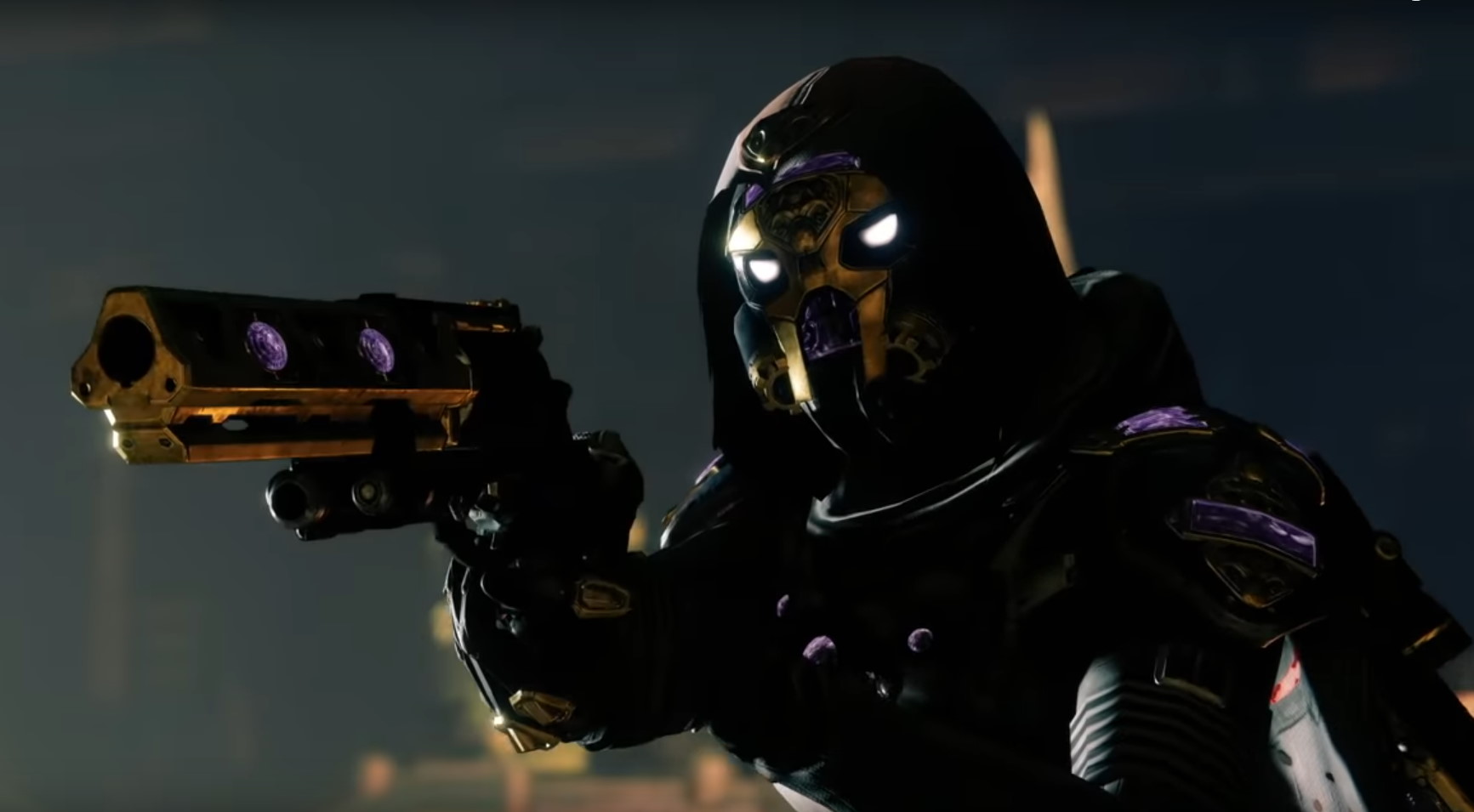
Extra seasoning
For Noseworthy, Destiny is, at root, a hobby. And now, with a frankly bewildering list of activities to play, it really feels like one. It's big enough for you to take from it what you want; its systems are both relaxed and taut enough that you can play as little and much as you like; and it's constantly changing.
Much of that sense of change is down to the Annual Pass, which was Bungie's first stab at introducing regular general change in the game, rather than the occasional big changes of the expansions.
And it's staying. "The Annual Pass is the shape that we want things to take: spread the peanut butter evenly over the bread," says Smith.
He's pretty unconvinced that the big expansions were the best use of Bungie's resources. "You have this burst of content that you consume and then you're like, 'Well, now what?' What if instead we focus the development time on whatever things players like?"
Now, of course, Bungie can't lean on development support from Activision studios High Moon and Vicarious Visions. "We've been building around that for a while," Noseworthy assures. But it's clear that Bungie is all about working smartly.
"We have a couple of different teams who make things like dungeons and Zero Hour," says Smith (Zero Hour is a secret quest that awards the exotic pulse rifle Outbreak Perfected). "And maybe those folks are like, ‘We want to make a dungeon that when it's beaten, turns into a Strike.' And we're like, ‘Well, we weren't thinking about having a Strike, but that's a sweet plan. Let's do it.' Mark and I get squirrelly about this stuff because we don't want to overcommit the team. They have so many ideas and a lot of what we try to do is to edit, curate, mine them."
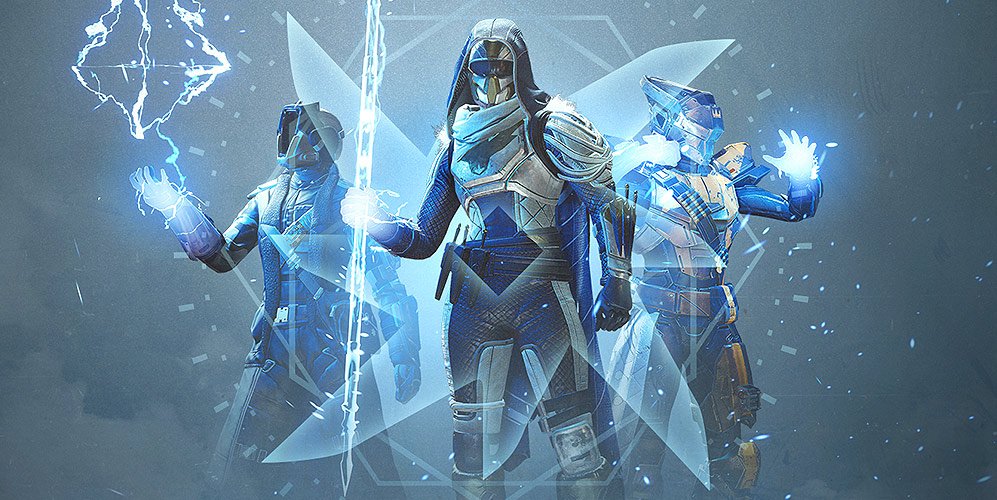
We'll play it for 30 hours and it's great. But hour 101, it will blow up and the whole game will be ruined and we're like, ‘Well how were we supposed to see that?'
Mark Noseworthy
So while Shadowkeep will represent Destiny 2's Christmas (Smith likens its scale to that of OG Destiny's final expansion, Rise of Iron), next year will be more about steadily released content along the lines of new modes like Season of Opulence's Menagerie, plus special quests and other events. "Bringing that to bear over weeks rather than like, 'I'm going to consume this entire mini-campaign in an evening,' and then, 'That wasn't worth 20 bucks.'"
The shift to having smaller and more frequent content drops hasn't prevented Bungie from making some notable mistakes. The Black Armory update back in December featured the Niobe Labs puzzle, which was so convoluted (and crucially missing a text string) that even the game's most obsessive code crackers drew a blank for days. And more significantly, many players couldn't access its key activity, a cooperative horde-mode challenge called Lost Forges, until they'd ground out a bunch of old content to eke out extra power.
"Yeah okay, we touched a hot stove," says Noseworthy. "There was no way for players that were far behind on Light, including myself, to play the content. You had to finish everything in the Dreaming City, like you had to play 20 hours before you could get to the first Forge and that felt bad. That felt real bad."
A benefit of the little-and-often plan is that it allows Bungie to learn and fix things fast. But how is it still making what feels like obvious mistakes on a three-year-old game?
"Destiny is appreciatively more complicated than most games," says Noseworthy. "We'll be like, ‘Oh let's have this one little system in here,' or, ‘Let's do the mechanic this way because something's not working out quite right,' and we'll play it for 30 hours and it's great. But hour 101, it will blow up and the whole game will be ruined and we're like, ‘Well how were we supposed to see that?' Well, we weren't. It seemed like the right choice, and there are a thousand decisions like that for every release. I'm not trying to absolve us, it's really hard to always know."
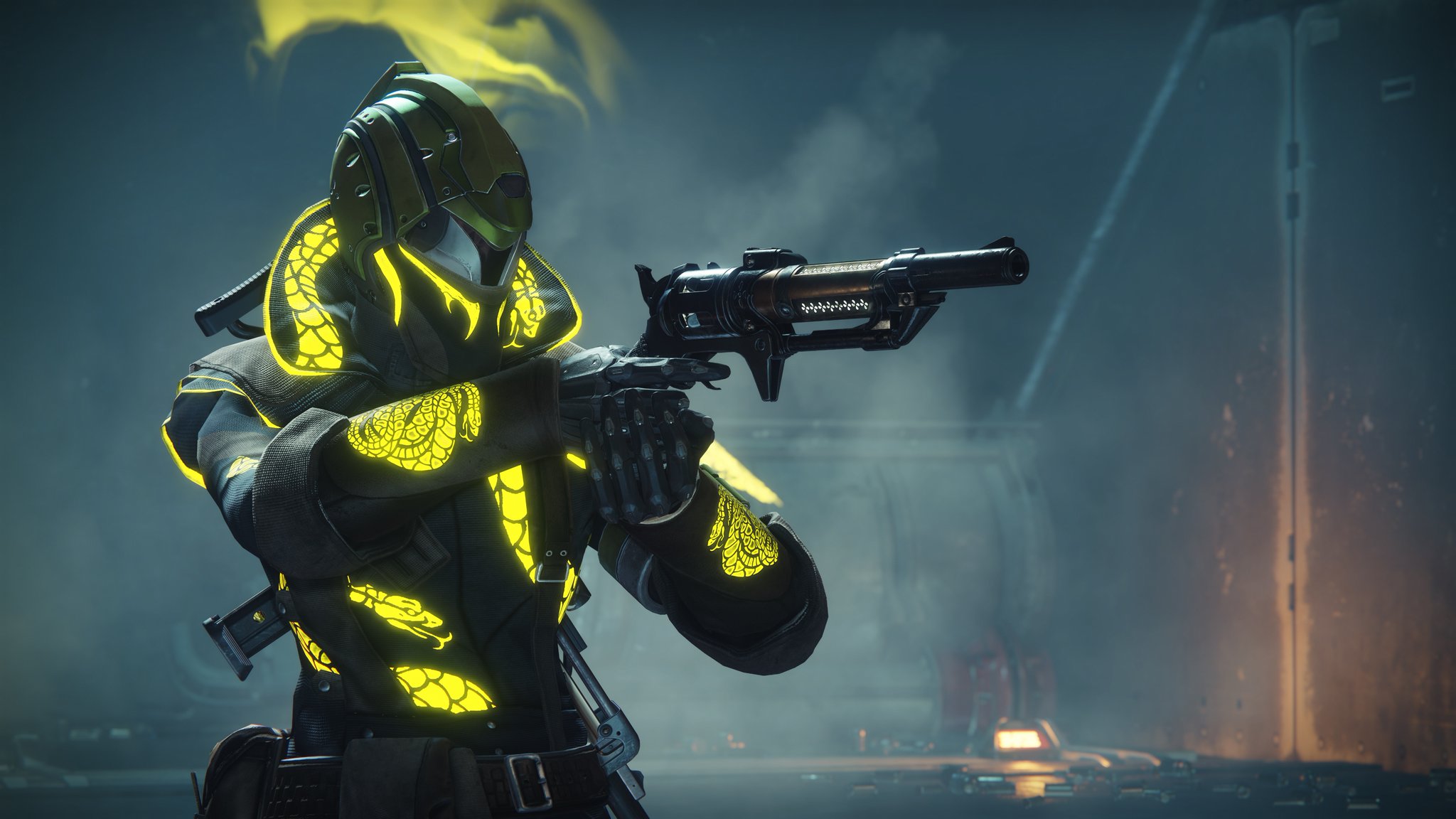
Cash in
There's another dimension to the ways in which Bungie is retuning Destiny 2 for its independent future. "There's still this financial barrier," says Noseworthy. "If I told a friend he has to jump back in to play Menagerie, they've got to at least own Forsaken, they've got to complete that, and then they have to pay $35 [for the Annual Pass]. That sucks."
Year 3's biz plan is very different to the Annual Pass. Its four seasons will all be available to buy separately, at $10 each. One season will be included with Shadowkeep, so if you're buying that, you're looking at $30 for the rest of the year.
So while the year outside of Shadowkeep will cost much the same as last year's Annual Pass (which was $34.99 outside of the Forsaken expansion), it's a lot more flexible, and the onus is on Bungie to make every new drop appealing enough to buy.
And all this is on top of a vast slab of existing game that Bungie's about to release for free. New Light is a separate release which will comprise an introductory sequence for new players set in the first Destiny's Cosmodrome and give access to all of the Destiny 2 base game as well as its Warmind and Curse of Osiris expansions, plus all the free-roam destinations, Strikes, all of Gambit, and PvP.
In short, Bungie wants new players, and it wants them playing all of the stuff, partly because it wants them to experience what enthusiast players are enjoying and evangelising.
"We need to keep giving you reasons to champion the game to your friends," says Smith. "We need to keep doing right by our players."
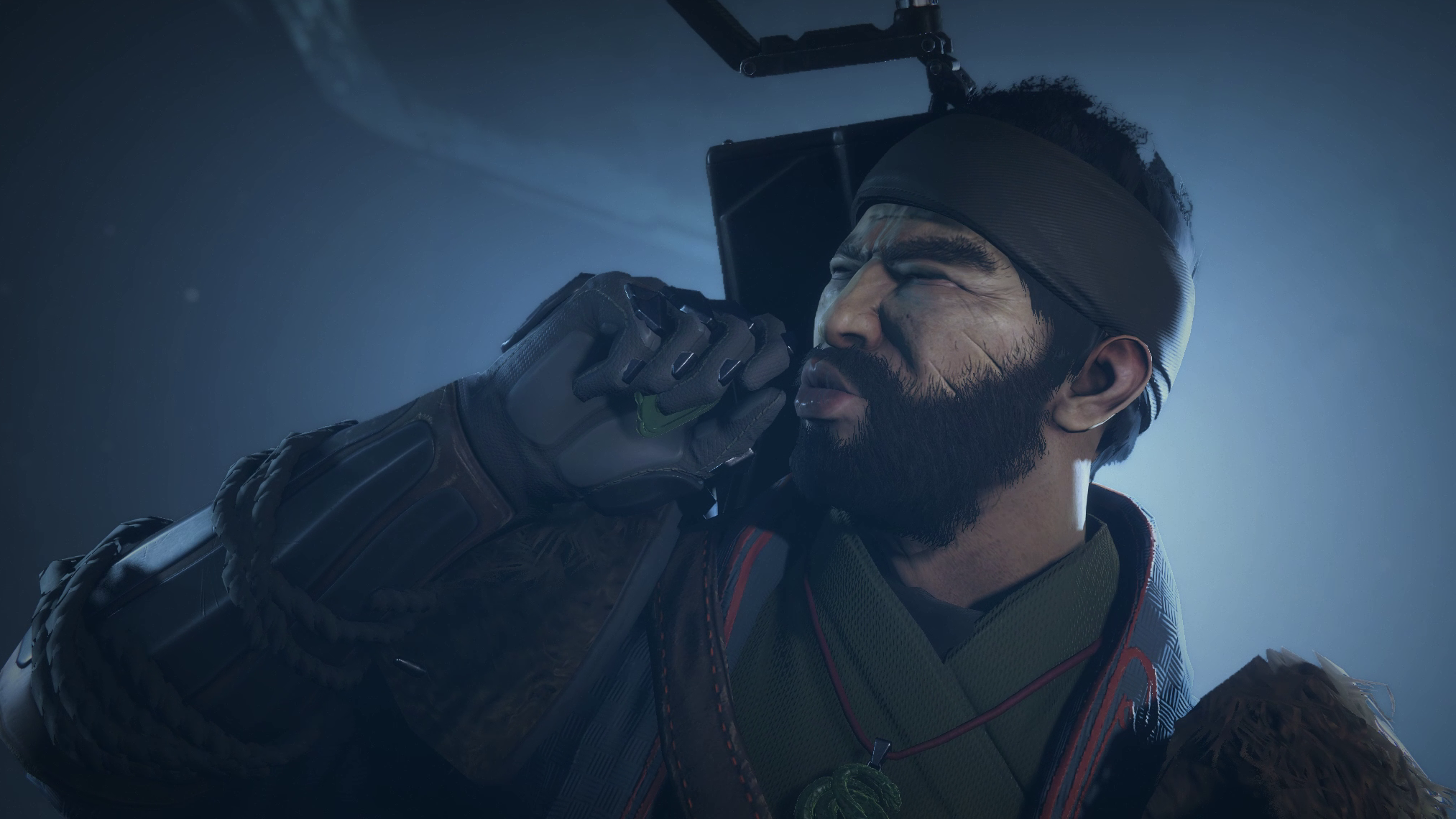
I think even in the game today, at the studio, there's broad acknowledgement that Strikes aren't as valuable as they could be. Not enough reason to play them.
Luke Smith
After all, by catering to new players, Bungie could well forget about the old. And certainly, the danger in adding fewer big new things to Destiny 2 is old players are being forced to go back to, say, the Dreaming City over and over to grind their way up to each season's new content and level cap.
"The Dreaming City is awesome, it's incredible," says Smith.
"It's the most beautiful place we've ever made," agrees Noseworthy.
"Yeah. But it does not feel like a great way to gain power for two years."
Smith's answer for managing issues like this is to be more of a curator. The team looks at the parts of the game where players can level up, and adjusts how efficient they are, ensuring the best things—the most fun to do—reward in kind.
"We want powerful sources to feel like big, important, efficient uses of your time," he says. "We want Strikes to always be valuable. I think even in the game today, at the studio, there's broad acknowledgement that Strikes aren't as valuable as they could be. Not enough reason to play them."
So change remains constant for Destiny 2. Of course, there's a subtext to Bungie's eagerness to emphasise that Destiny 2 is a vast ongoing project. ("We really think about it now as the Destiny franchise," says Smith.) It's the studio's money engine, and thus needs to keep chugging along, indefinitely promising eternal struggle between Guardians and the alien gribblies which threaten them.
So we can't know how long Destiny 2's future will last, because to admit the end is to invite it. Until then, the perpetual motion machine continues, with all the questions it will continue to pose.
"Players want us to deliver joy to them at least every three months and in a pretty substantial way," says Smith. "But will that really satisfy players? Will that really drive the game and push it forward and create interesting pursuits? And what we need more than anything else is just systems that make you wanna chase the thing and make the content that already exists more meaningful."
But at least Bungie now knows what Destiny 2 is. "We're an action MMO that's actually fun to play," says Noseworthy. "Evolving world, play anytime, anywhere."
Looking to jump back into Destiny? Find out what Xur, the game's snake-faced bastard of a weekend vendor, is selling here.

